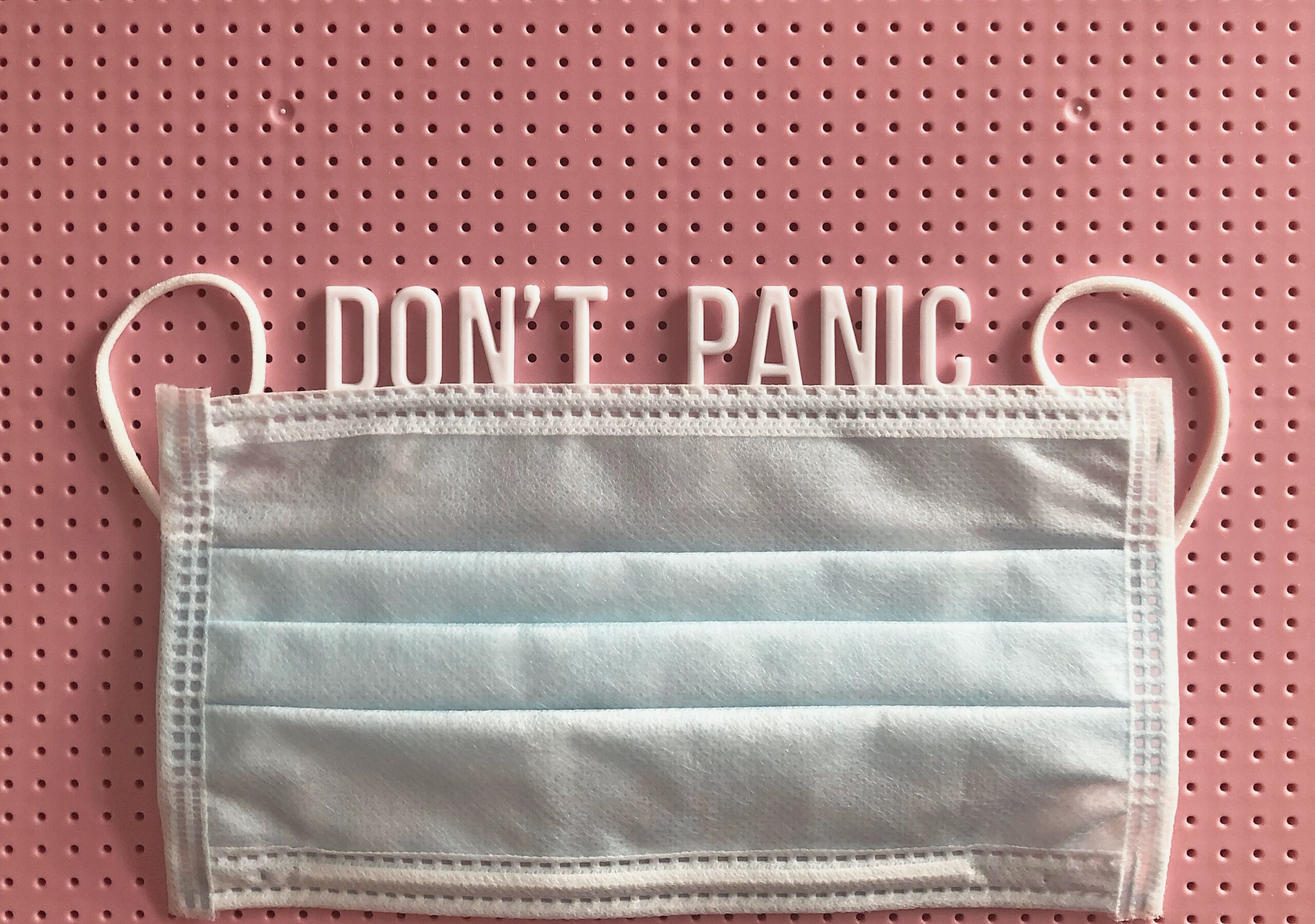A few months back, the popularity of Dolo took the world by storm. Dolo brought with itself common names of over-the-counter medicines we love to take. So if your first response to a minor body ache is also to pop over-the-counter medicines, I think you should read this first.
Over-the-counter medicines are medicines for which you don’t need a doctor’s prescription. These are emergency medicines that everyone keeps in their medicine kits for the just-in-case scenarios. People take them so they don’t have to rush to the doctor. But did you know? Your favourite over-the-counter medicines could actually be doing you more harm than good if you don’t go to a doctor first. Here’s why:
Every medicine has side effects
It doesn’t matter if the chemist says the medicine is safe. What you really need to know is if it’s safe for you. Over-the-counter medicines can cause severe side effects ranging from nausea, diarrhoea, low blood pressure to internal bleeds. It all depends on how well your body adjusts to the medication. A doctor can tell you exactly what you need by understanding your state, allergic tendencies and body type better. Many over-the-counter medicines are not suited for kids and pregnant women as well, which makes it important to speak to a doctor first.
Drugs interact with other drugs
When you take more than one drug together, they interact with each other. This is important for you even if you aren’t on prescription meds but are simply taking health supplements. There are many multivitamins that don’t work well in combination with over-the-counter medicines. For example, Aspirin (Disprin) when taken with Vitamin E may cause internal bleeds or even strokes.
You could be taking too much or too little of something
Suppose you’re on a prescription medication that has the same salt, or the same element as in your over-the-counter medication. In this case, you run the risk of doubling up your dose. For instance, You should not mix Ibuprofen with paracetamol or anti-inflammatory medicine without consulting a doctor. Similarly, mixing two drugs can also worsen your condition. This may happen when a person on medication for heart, hypertension or diabetes self-medicates on blood thinners like Disprin. Blood pressure medication with decongestants also has the same effect. Talking to a doctor may help you avoid making these mistakes.
You probably wouldn’t get the directions right
A lot of over-the-counter medicines like Omeprazole work best on an empty stomach. A doctor can tell you exactly when you should be taking it. They can also tell you the number of times you should take it to maximise the benefits. Taking paracetamol too frequently, for example, could cause liver issues. In fact, Tylenol or Acetaminophen (Paracetamol) toxicity is the second most common cause of liver transplants worldwide.
You could be heading towards antimicrobial resistance
India has one of the highest rates of antimicrobial resistance in the world. Antimicrobial resistance happens when bacteria, viruses, fungi evolve and stop responding to medication. It can also happen when your own body stops responding to current medication because you’ve taken too much of it earlier. Now, antibiotics aren’t really over-the-counter medicine. But research shows that it is easily available in most Indian pharmacies without a prescription. This is dangerous for you because continued usage could make your body resistant. It also has the potential to turn fatal for many people because the bacteria can evolve so much that it becomes harder to kill them.
Here’s a list of side effects you can avoid with over-the-counter medicines if you just go to the doctor:
| The drug | The worst that can happen |
| Acetaminophen (Tylenol or Paracetamol) | Itching, Rashes, Nausea, Vomiting, Pain in Upper Abdomen, Difficulty Breathing, Swelling of Face, Liver Failure due to toxicity |
| Aspirin (Disprin) | Fever, Heartburn, Upset Stomach, Gastrointestinal Bleeds, Drowsiness, Hallucinations, Seizures, Ringing in Ears, Bloody Stools |
| Diphenhydramine (Benadryl) | Dry mouth, Drowsiness, Nausea, Vomiting, Loss of Appetite, Constipation, Chest Congestion, Muscle Weakness, Vision Problems, Painful Urination |
| Omeprazole | Lightheadedness, Muscle Spasms, Rash, Hives, Swelling of face, mouth or lower legs, Jitteriness, Seizures, Osteoporosis, Electrolyte Imbalance, Vitamin B12 Deficiency |
| Dextromethorphan (Koffex) | Dizziness, Lightheadedness, Drowsiness, Restlessness, Nervousness, Nausea, Vomiting, Rash, Stomach Ache |
Talking to a doctor beforehand is one of the safest ways to pop a pill. A doctor can tell you if the medicine is right for you, if you even need it, and how much of it you should take. Not only this, they can also tell you how your over-the-counter medicines can interact with other drugs, even herbal supplements or protein powders. Be sure to mention what you’re consuming to your doctor before you consume it. Oh, and goes without saying but we’ll say it anyway, don’t rely on google. Google doesn’t know you as well as your doctor does.
Good thing you don’t have to worry about spending a dime when visiting a doctor. As an Even member, you get unlimited doctor consultations and tests along with Rs 50 lakh coverage for hospitalisation if at all you need it. We believe healthcare is a form of self-love, one that ideally shouldn’t come with drugs if you can avoid it. We encourage you to meet your doctors regularly to holistically improve your health. Ping us, call us, show up, and we’ll be there for you so you can stay safe and be well, always.
If you aren’t an Even member but found the information interesting, may we suggest you check out our plans here? We promise you won’t be disappointed. 🙂



